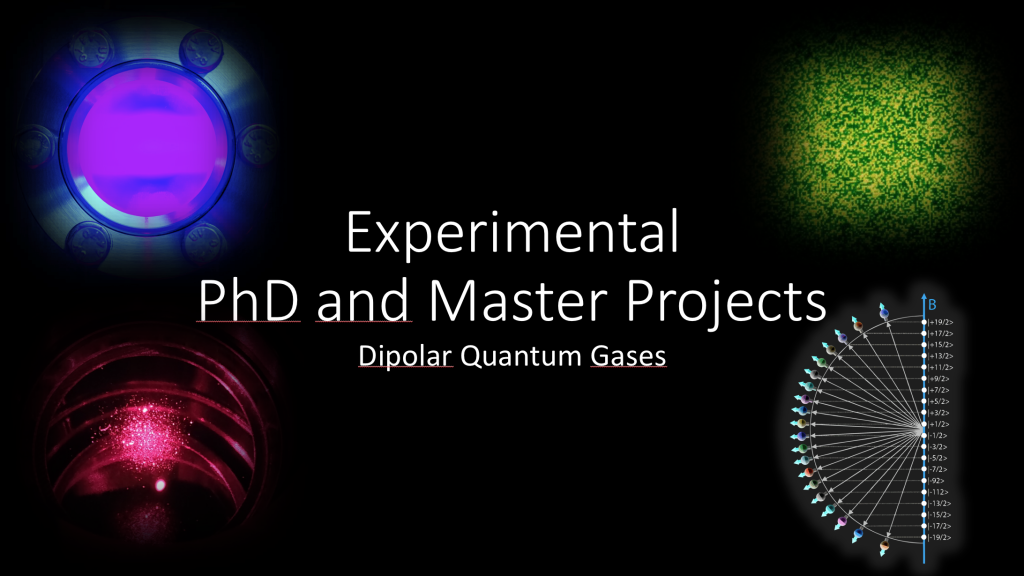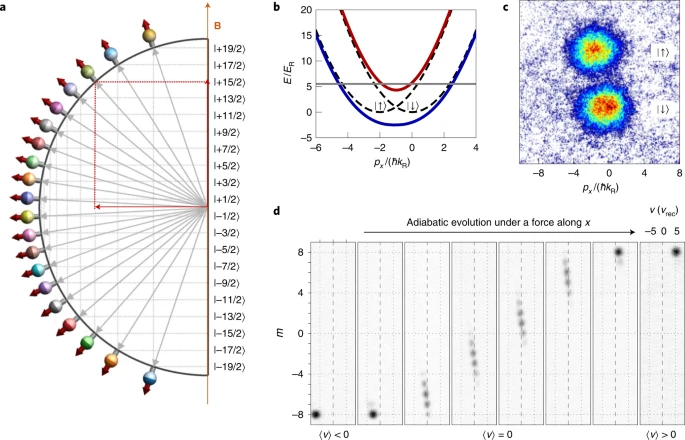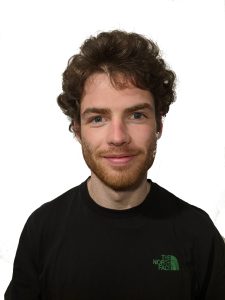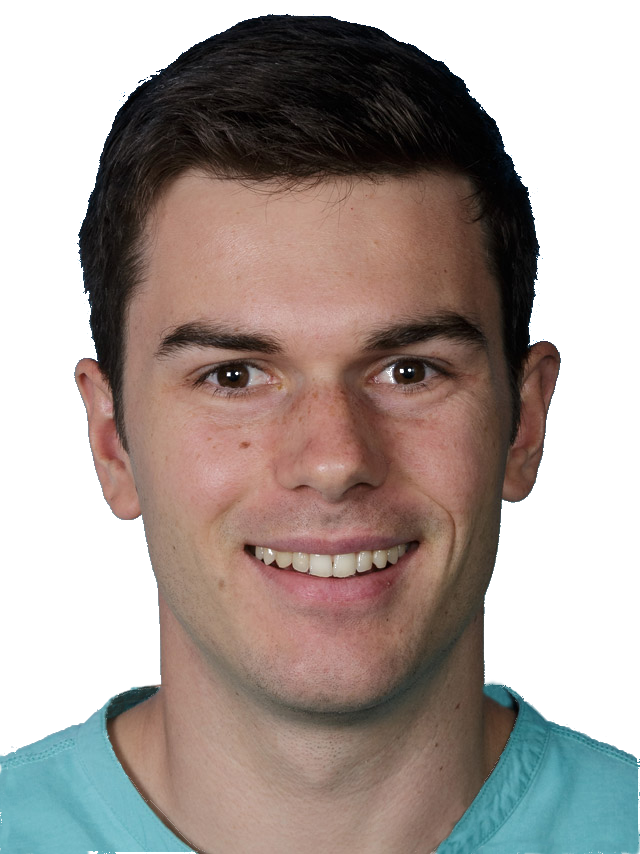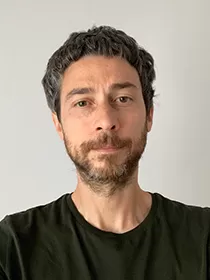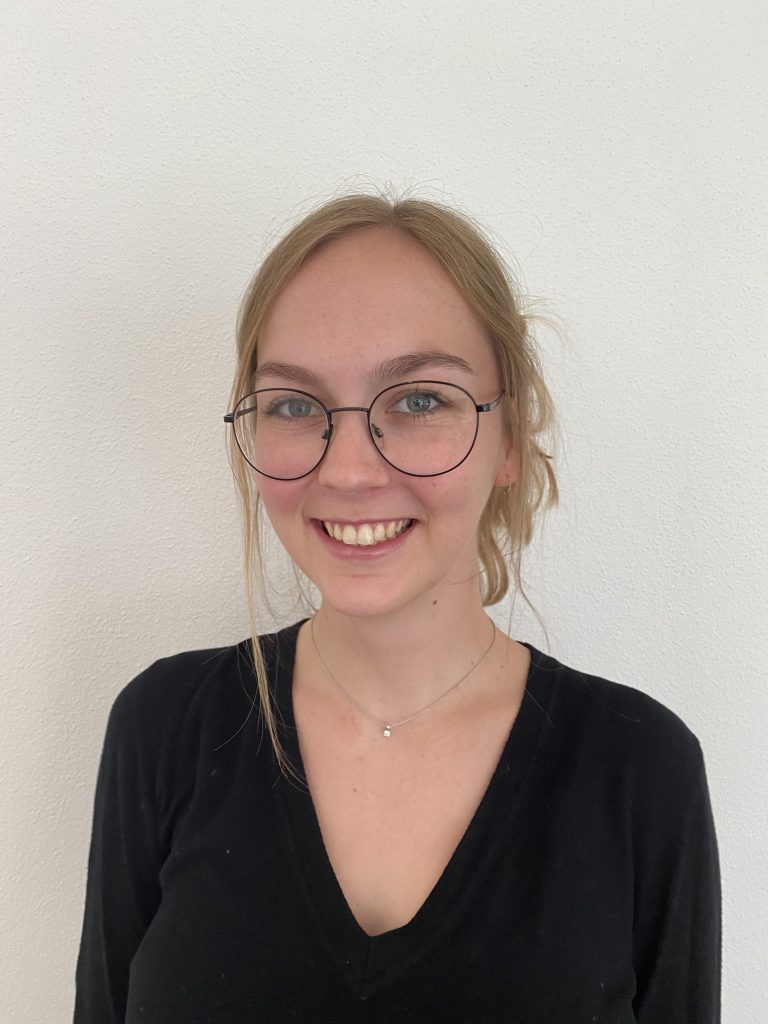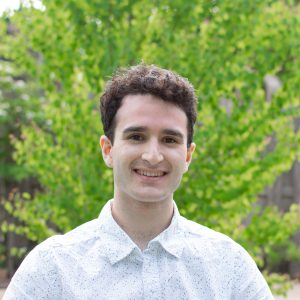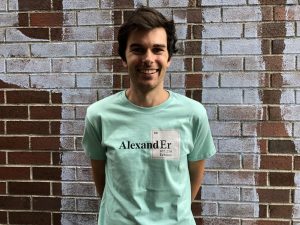
2025 Group Openings!
We are happy to announce that our dipolar quantum gas group has an Academy Scientist + Postdoc and PhD positions open for 2025!

Vortices in a supersolid
2024’s Biggest Breakthroughs in Physics: Our research on the observation of vortices in a dipolar supersolid featured by Quanta magazine!

Austrian of the Year 2024
Francesca was crowned as the ‘Austrian of the Year’ in the research category at the Austria 24 gala by Die Presse!

Summer BBQ
Our 2024 Summer BBQ took place on the 24th of June and celebrated the many different achievements of the group!

Murder Mystery Dinner
Our 2024 group dinner took place on the 18th of January at CasoinN da Giorgio restaurant, with a 1920’s Murder Mystery theme!

Glitches in supersolids: links between neutron stars and quantum matter
By emulating the connection between a rotating supersolid phase and an external solid phase, we were able to replicate “glitches” – sudden jumps in the solid angular momentum driven by quantum vortices leaving the supersolid.

Cluster of Excellence Quantum Science Austria granted
Three Clusters of Excellence in Innsbruck have been funded! With highly endowed clusters of excellence, the Austrian Science Fund FWF creates Austrian flagships of basic research. The University of Innsbruck will coordinate the Cluster of Excellence for Quantum Sciences.

Bloch Oscillations
By letting an erbium quantum droplet fall under gravity through an optical lattice, it is possible to understand the inter-atomic interactions and quantum fluctuations through variations of the Bloch oscillation.

ERC Advanced Grant DymetEr has been funded!

Happy 10th Birthday to the first Erbium BEC!
Our group studies dipolar quantum gases made of Erbium (Er) and Dysprosium (Dy) atoms. These extraordinarily magnetic species are a powerful new resource for reaching quantum simulation with strong connectivity, in which each atom is coupled to the other over long distances, and exploring exotic phases of matter that have no classical counterpart.
We have three labs: the ERBIUM LAB, where Er was Bose condensed for the first time ever, the Er-Dy LAB which studies quantum dipolar mixtures under a quantum-gas microscope, and the T-REQs LAB, where we trap Er atoms in arrays of optical tweezers for Rydberg physics. Recently, we have established a Theory Group aimed at studying and predicting dipolar phenomena in dipolar quantum gases and mixtures.
The group, led by Francesca Ferlaino, is jointly located at the Institute for Experimental Physics (IExP) of the University of Innsbruck and at the Institute for Quantum Optics and Quantum Information (IQOQI) of the Austrian Academy of Sciences, and it is part of the Innsbruck Center for Ultracold Atoms and Quantum Gases.
Follow our group’s updates on  . and
. and  .
.
News from the labs
It is now an exciting time to work with ultracold highly-magnetic quantum gases, thrived by the rapid developments of quantum science based on lanthanide species. We are continually searching for outstanding Master and PhD Students!
Keep Reading ...
Our new paper in Physical Review A explores the connection between trap geometry and atom number in determining the dimensionality of dipolar supersolids!
Keep Reading ...
Our review on the quantum many-body physics in ultracold magnetic lanthanides is now published in Nature Physics!
Keep Reading ...
Group news
Louis Lafforgue joined the group of Prof. Dr. Francesca Ferlaino at the end of 2022 for his PhD studies and on August, 1st 2023 he joined the FWF Doctoral Programme Atoms, Light, and Molecules (DK-ALM).
Keep Reading ...
Alex Patscheider, who finished his PhD with us last year, just received one of this year's Hypo Tirol Prizes for his dissertation!
Keep Reading ...
LFUI Guest Professorship granted! Luca Barbiero, currently Asssistent Professor at Politecnico di Torino, will work with us on new ideas on quantum simulation of strongly dipolar Hubbard systems during his 2-month visit.
Keep Reading ...
Welcome and goodbye
Welcome to Laura Uiberreiter, who is joining the administration team.
Keep Reading ...
Goodbye to Juan Recoaro, who is leaving the T-Reqs lab after his Masters' internship.
Keep Reading ...
Farewell to Alex Patscheider who has been with us since nearly the beginning of the Erbium and Er-Dy labs! Best of luck for the new adventures in Canada!
Keep Reading ...
![]() . and
. and  .
.










